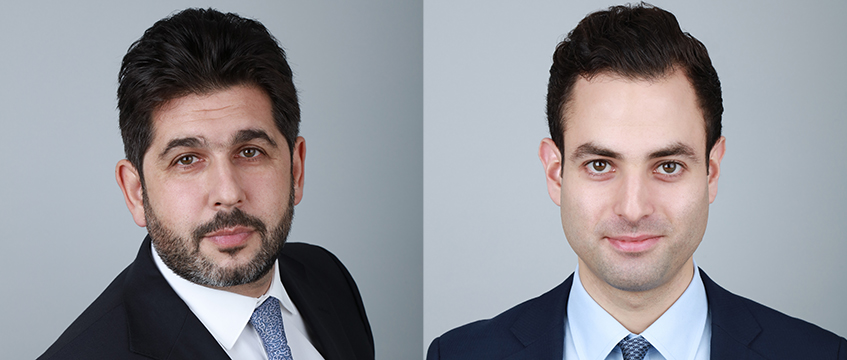Swedish private equity firm EQT has been watching the UK real estate market closely for years and has finally made its debut, splashing £300m and with plans for a £1bn build-to-rent portfolio.
As the UK plunges into a recession, EQT is on the hunt for acquisitions in Greater London and the commuter belt in partnership with Sigma Capital to develop 3,000 homes in just five years.
The joint venture is in talks to buy around 30 sites, with a view to working with Sigma’s existing partners Countryside and Vistry, as well as new housebuilder partnerships.
It is also eyeing new resi strategies on the continent, with the aim of delivering 7,000 homes across Europe in the same period.
Although EQT’s real estate arm only set out its UK strategy last year, it has been looking at one-off investments opportunistically since its inception in 2015. Until now, EQT has been cautious about entering the UK market.
“We had never actually invested in the UK before – we always felt that the cycle was coming to an end, it was extremely competitive,” partner Rob Rackind, who leads EQT’s real estate division, tells EG.
“We didn’t have high conviction for any particular strategy in the UK and we were monitoring more and more… [the] winning thematic strategies that can be decoupled from the financial cycles.”
The majority of EQT’s 26-strong real estate team is based in London. It targets value-add investments, initially with a focus on office recovery, but this has since shifted to beds and sheds.
High competition and Brexit risk had driven EQT to focus on the continent, but as demand for affordable rental homes surged, the investor spotted a gap in the market.
UK debut
While most BTR development is focused on high-end, city centre flats loaded with amenity space – with price tags to match – EQT aims to provide market rent options in affordable areas. Rackind says this strategy plays to demographic needs and addresses structural imbalances in society, with a shift to rental in line with more advanced European markets.
“The team has been working on the strategy nigh on 12 months, and Covid-19 just accelerated that trend and gave us greater conviction,” he adds.
That strategy has been led by Peter Shacalis, director and head of UK at EQT Real Estate. While Shacalis was hunting out opportunities at scale in affordable pockets, Sigma Capital was launching a similar strategy, moving from regional suburban family housing to low-rise flats in the outer boroughs of London.
“This deal has been almost a year in the making,” he says. “One of the other big factors for us is not just return for our investors, but a positive impact.”
EQT entered a dialogue with Sigma last September and quickly found their priorities aligned. It has secured seven schemes of 581 homes in Ealing, Enfield, Havering and Barking and is actively pursuing new acquisitions in developments near transport hubs in zones 3-6 in London.
“Our focus is really on building scale in specific locations. We are typically investing into masterplan regeneration sites,” says Shacalis.
“We have a lot of work to do deploying further capital within this structure. Outside of that with a UK lens, we are focused on living strategies, whether that is assisted living or elderly living. That is our key conviction.”
European growth
Future expansion will likely be formed by its rental strategy in Europe. EQT did not disclose specific numbers, but says it has “thousands” of homes at various stages of development, as well as a drive in urban logistics.
In Sweden, it owns 41% of the equity of the listed company Stendörren Fastigheter, which has around 7.8m sq ft of operational industrial buildings and a further 6.5m sq ft of consented land. It is building out the consented sites and developing a residential portfolio.
In France, EQT’s Project Nest development programme focuses on providing accessible housing for people with physical disabilities, a strategy it hopes to export to the UK.
“Every country has very different regulations and government subsidies and the numbers are very different in each European jurisdiction, but it is one strategy that we would like to do more of, because of the impact it brings to society,” says Rackind.
EQT hopes to boost its Nordics and France businesses in the next five years with a similar aspiration for scale. But the UK will remain a key market, and Rackind anticipates the BTR strategy could see the portfolio value surpass other regions.
Germany is also a primary jurisdiction, while Spain, Italy and Benelux are among its secondary areas of focus for expansion.
“The dynamics are the same in certain other countries where affordability is an issue,” says Rackind. “But it all depends on the cycle and the strategy and that can change very quickly.”
To send feedback, e-mail emma.rosser@egi.co.uk or tweet @EmmaARosser or @estatesgazette











